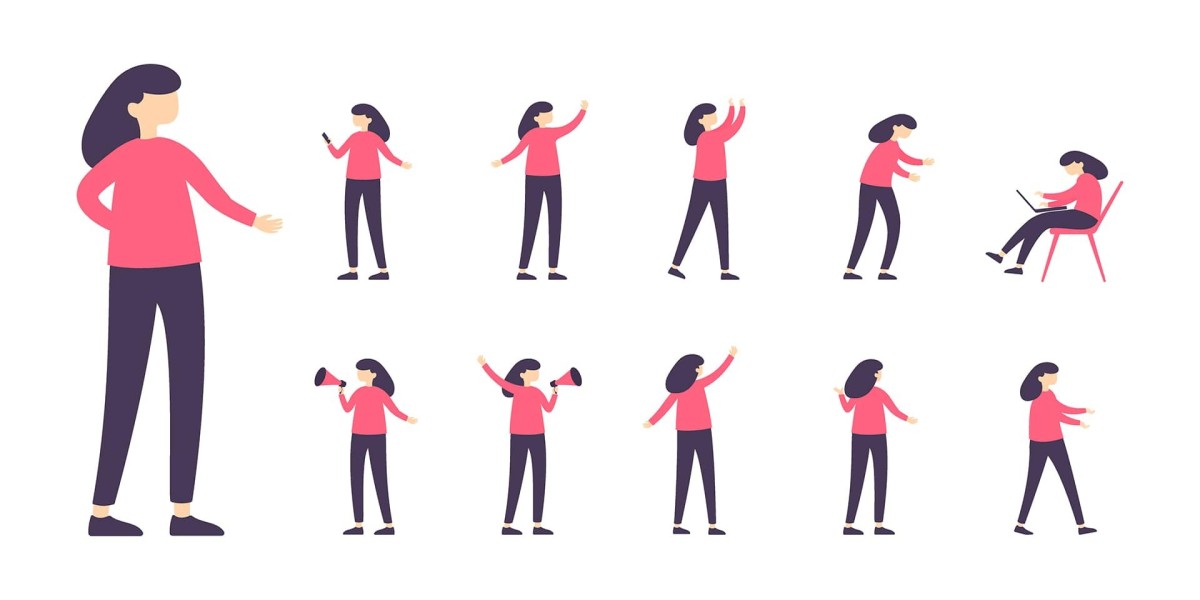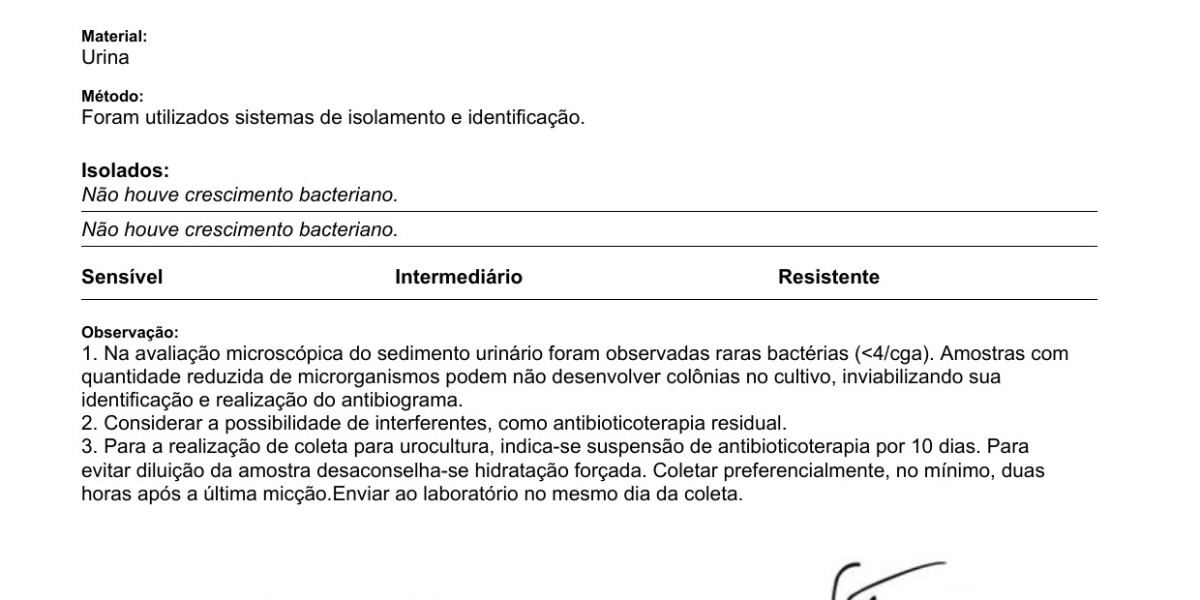Controlled breathwork has been confirmed to help with emotional regulation, improved concentration, and enhanced bodily stamina. This heightened consciousness typically helps us perceive our bodily responses to numerous emotional or environmental triggers. Whether it’s chronic stress, nervousness, or different stress-related considerations, skilled guidance can offer priceless insights and assist on your journey to emotional well-being. As a proactive strategy to safeguarding our well-being, stress prevention finds a potent ally in practitioner-assisted stretching. Collaborating with a stretch-practitioner permits individuals to craft customized stretching routines that focus on stress-prone areas and promote leisure.
World’s Largest Positive Psychology Resource
Body intelligence presents tools to strengthen the mind-body hyperlink and work towards optimistic wellbeing. Furthermore, yoga will increase ranges of GABA, a neurotransmitter within the mind that helps chill out the mind. In a 12-week study, members both walked or did yoga for an hour thrice per week. The yoga group confirmed greater increases in GABA levels, along with higher improvement in mood and lowered the physical effects of anxiety.
Mind-body medicine focuses on the connection between your thoughts and physique and how your brain health impacts your overall well being. Meditation and yoga are some examples of mind-body therapies that are usually used to enhance mind well being by lowering stress and anxiousness, in addition to selling good well being and well-being. In a world full of uncertainties, training mind-body medication is particularly useful. Mindfulness and meditation are powerful practices that deeply affect the mind-body connection. These practices can lead to a decrease in heart rate, lower blood stress, and a reduction in stress hormone ranges like cortisol.
It recognizes that our mental state and emotional well-being can have a direct impact on our bodily health. This connection operates via numerous mechanisms, such as the release of stress hormones, immune system modulation, and the affect of ideas on habits and lifestyle selections. The mind-body connection is a robust concept that highlights the interaction between our thoughts, emotions, and physical well being. By understanding this connection, individuals can take cost of their well-being and make optimistic changes in their lives. As a life coach, integrating the principles of the mind-body connection into your follow can enable you to guide your shoppers towards higher self-awareness, improved emotional well-being, and enhanced total health.
There is a reason that considered one of Freud’s sufferers termed it "the speaking cure". Talking about this stuff can be fairly highly effective and it could literally make a positive change in how your mind is structured and how it capabilities. Stress can come from remembering some very disagreeable issues that you don't want to remember. It could cause or contribute to backaches, neck aches, Irritable Bowel syndrome and different digestive syndromes. It can prevent you from recovering from a medical illness or could make a medical illness worse.
In June of 1918 Reich enrolled in the Faculty of Law on the University of Vienna, analise o corpo explica but soon thereafter he switched to medicine. While in medical college he turned an active member of the Vienna Psychoanalytic Society and gave numerous papers, analise O corpo Explica starting in 1920 together with his analysis of Ibsen’s Peer Gynt. He often attended Sigmund Freud’s Wednesday evening meetings where he typically spoke. In 1922, he set up personal apply as a psychoanalyst, and have become a medical assistant, and later deputy director, at Sigmund Freud's Psychoanalytic Polyclinic. He joined the college of the Psychoanalytic Institute in Vienna in 1924, and performed analysis into the social causes of neurosis. Reich's second spouse, Elsa Lindenburg, was educated in Laban movement analysis, and was a pupil of Elsa Gindler, who had began to develop a system of respiration and somatic responsiveness named Arbeit am Menschen in 1910. Reich first presented the principles of his vegetotherapy in a paper on "Psychic contact and vegetative present" in August 1934 on the thirteenth International Congress of Psychoanalysis at Lucerne, Switzerland, and went on to develop the technique between 1935 and 1940.
Discovers "Orgone"
Another essential contribution was Reich's concentrate on character and character formation. Previously psychoanalyses dealt primarily with the interpretations of unconscious materials. In his research of character resistances he targeting the entire individual, his habits, tensions, and mannerisms. With the top of World War I in 1918, Reich entered medical school at the University of Vienna. There he encountered Sigmund Freud , joined the Vienna Psychoanalytic Society, and started training psychoanalysis.
Genitality in the Theory and Therapy of Neurosis
But by the late Nineteen Twenties his interest had already gone past remedy merely for people. He sought—and believed he had found—a principle that justified large-scale social action. As a radical interpreter of the early Freud he had little question that suppression of the sexual impulses in children and adolescents is responsible for the high incidence of neurosis. This suppression he noticed as certain up with the institution of the authoritarian household, on which the complete authoritarian construction of society in turn depended. Reich hoped he could destroy authoritarianism each within the household and in society at massive by encouraging the younger victims of the system to revolt and to win sexual freedom (1932). He tried in useless to realize acceptance for these views, first within the socialist, then within the communist events of Europe, and finally founded his own group to propagate them.
(PDF) Annals of the Orgone Institute Number 1
As in previous eras, the dream of erotic emancipation was paired with that of political emancipation. A year later, he was additionally expelled from the International Psychoanalytical Association, due to his political militancy, and since he encouraged his sufferers to undergo remedy of their underwear. This "nice cultural revolution" is sure to be chaotic and to offer rise to all types of grotesque developments. The disintegration of the old moralistic institutions and customs expresses itself at first as a rebellion that takes pathological forms, but it's not troublesome to see that healthy forces are attempting to break through in these pathological manifestations. At one time Reich envisaged a "powerful worldwide group" that would create an environment of sex-affirmation and thus help to "information the insurrection into rational channels" (The Mass Psychology of Fascism, p. 121). Conservative theorists who keep that there's an antithesis between sexuality and work fail to differentiate between "compulsive-unpleasurable" work, which is indeed thought to be a burdensome duty, and "pure joyful work," which frequently requires self-discipline however which is nevertheless a pleasurable gratification of a need. Reich regards as especially vital his observations on patients who achieved sexual happiness.
Biography of Wilhelm Reich
Nobody besides fanatical partisans of Reich can dispute the proper of the Food and Drug Administration to intervene. When on the defensive, Reich denied that he had ever claimed any healing powers for the orgone accumulator, but the fact is that the literature is stuffed with such claims. However, granting that the Food and Drug Administration had evidence to point out the accumulator medically nugatory (no such proof has ever been published), the injunction is nevertheless a startling doc constituting a blanket assault on Reich's character and his whole work. Reich by no means deserted the conviction he had reached during his Marxist phase that individual therapy is socially insignificant and that "alteration of the social structure is a prerequisite for an alteration of the psychic structure on a mass scale" ("Character and Society," p. 255). However, after his separation from organized Marxism, he progressively got here to the conclusion that political action was of little consequence and that it was a grave error to evaluate social developments primarily in phrases of a inflexible, clear-cut class struggle. If one just isn't blinded by the political slogans of an earlier age, one can't help noticing that we are within the midst of a "deep-reaching revolution of cultural dwelling" (The Sexual Revolution, p. xiv).








